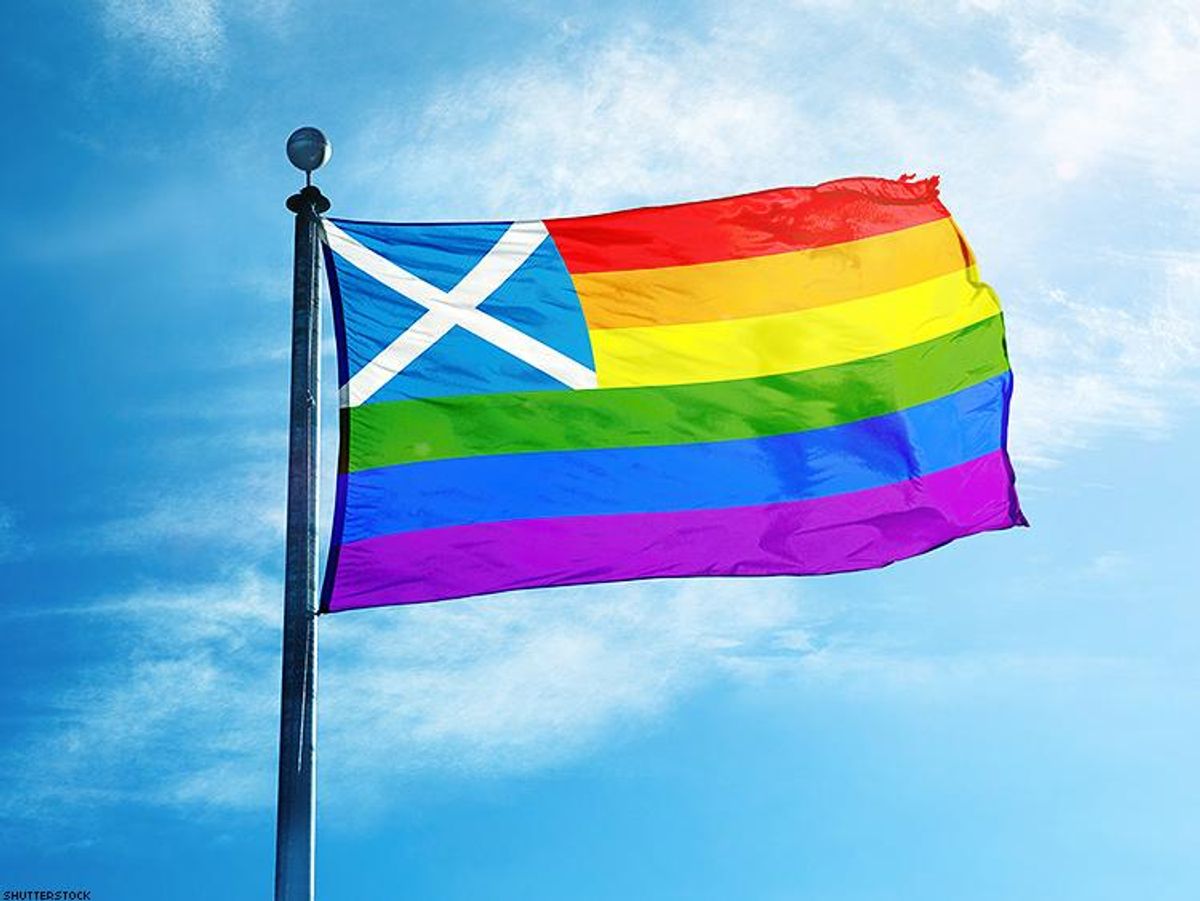Scotland is sorry for its history of convicting gay and bisexual men.
Nicola Sturgeon, the country's first minister, apologized Monday for past laws that criminalized sex between male adults, the BBC reports.
Until 1981, it was illegal for men over 21 to have consensual sex with one another in Scotland. It would be another 20 years before the age of consent for gay sex was lowered to 16.
Sturgeon called these laws "shocking" and "unjust."
"Those laws criminalized the act of loving another adult. They deterred people from being honest about their identity to family, friends, neighbors, and colleagues. And by sending a message from parliament that homosexuality was wrong, they encouraged rather than deterred homophobia and hate," Sturgeon said.
"Today as first minister I categorically, unequivocally and wholeheartedly apologize for those laws and for the hurt and the harm that they caused to so many."
Sturgeon's announcement coincided with the introduction of the Historical Sexual Offences Bill, which will pardon gay and bi men, living and dead, who were convicted under past discriminatory laws in Scotland.
However, the pardon is largely symbolic. A conviction will remain on a person's record until he submits a "disregard" application. If Scottish ministers approve the application after reviewing the case, the conviction will then be removed from his background.
Gay activist Derek Ogg called it a "wonderful day" in an interview with the BBC's Good Morning Scotland.
"It's Scotland at peace with itself, and it is a reconciliation between the people in Scotland who are alive and the families of gay people who are dead, who were prosecuted, convicted, simply because of the gender of the person they loved or fancied," he said.


















































































Fans thirsting over Chris Colfer's sexy new muscles for Coachella